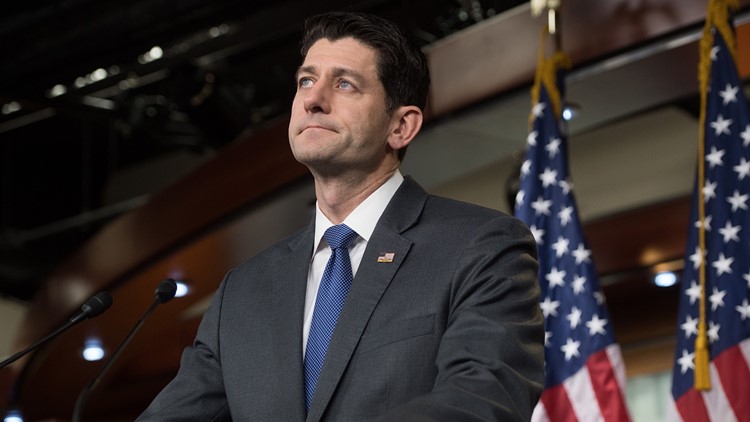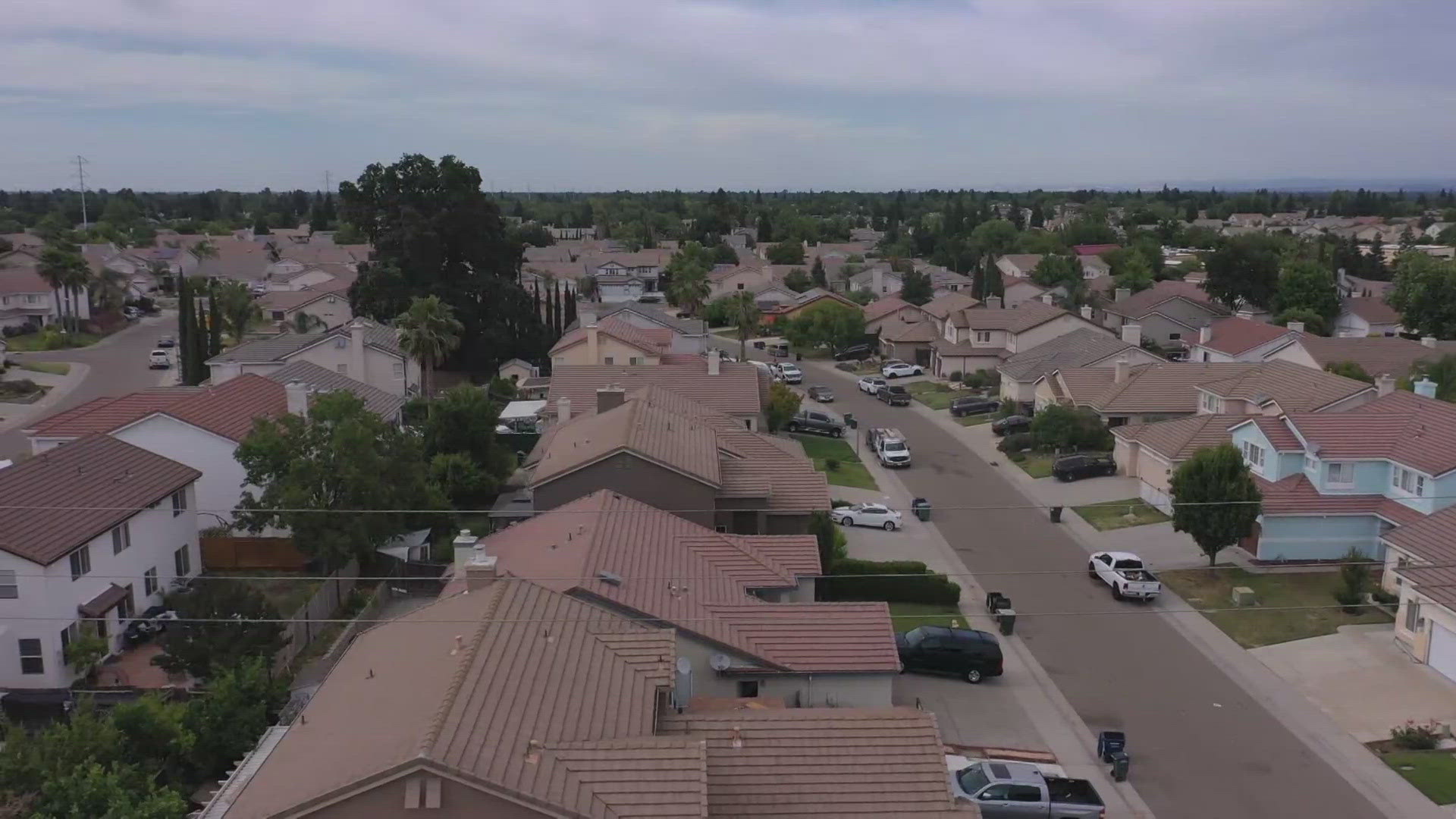The White House scrambled on Friday to clarify President Trump’s position on a Republican immigration bill, with a spokesman saying the president supports the GOP leadership proposal despite Trump’s own remarks saying he would not sign it.
On Friday morning, Trump said he was looking at the two Republican immigration bills set for a House vote next week. One is a hard-line measure sponsored by Rep. Bob Goodlatte, R-Va., and the second is a compromise meant to bridge the divide between moderate Republicans and conservatives in the House GOP conference.
"I’m looking at both of them. I certainly wouldn’t sign the more moderate one," Trump said during an impromptu interview on "Fox and Friends" Friday morning.
About eight hours later, White House Principal Deputy Press Secretary Raj Shah said Trump backs both proposals.
“The president fully supports both the Goodlatte bill and the House leadership bill," Shah said. "He would sign either the Goodlatte or the leadership bills.”
Shah said that in his remarks to Fox, Trump was expressing opposition to a moderate bill pushed by a rebel group of GOP centrists, although he was not asked about that measure.
The president’s statement caused consternation and confusion among House Republicans. Ryan and other Republicans have been working on the bill for weeks, and the speaker believed he had the president’s support for the measure.
Ryan said on Wednesday he had been working “hand in glove with the administration” in drafting the measure. And he told GOP lawmakers in a closed-door meeting on Wednesday that the president was “excited” about his efforts.
It's not clear if the Ryan bill has enough GOP votes to pass, and the conflicting statements from the White House on Friday may put it on even shakier ground.
House Republican leaders circulated their draft immigration bill on Thursday, after weeks of painstaking negotiations between two warring GOP factions. In one camp are the GOP moderates who want to provide a path to citizenship for the so-called DREAMers, undocumented immigrants brought to the U.S. as children. In the other, conservatives who want to crack down on illegal immigration and reduce legal immigration.
The "compromise" bill released Thursday would allow an estimated 1.8 million "DREAMers" to apply for “nonimmigrant status”– essentially a conditional legal visa – if they meet certain conditions. They must, for example, have a high school diploma or GED and must be under 36 years of age as of June 15.
If the "DREAMers" win that nonimmigrant status, then after six years, they would be able to apply for a green card, which will set them on the path to eventual citizenship.
To reduce overall immigration, the measure would end a diversity lottery program and limit family-based immigration. The visas from those programs would flow into a pot for the DREAMers and then dry up.
The bill also includes Trump's biggest immigration ask: $23.4 billion for a wall along the U.S.-Mexico border, in addition to the $1.6 billion already allocated. Overall, the GOP proposal adheres closely to the "four pillars" that Trump said in January he wanted as part of any immigration deal: money for the wall, limits to family-based migration, nixing the visa lottery, and granting a path to citizenship for the Dreamers.
Trump did not specifically say why he opposed the compromise bill.
"I need a bill that gives this country tremendous border security," the president said on "Fox and Friends." "I have to have that."
Later Friday he tweeted his demands for an immigration bill. All are included in the GOP leadership bill, and Trump still did not specify his objections.
Immigration hawks blasted the GOP bill as "amnesty" for lawbreakers. Some focused on the failure of the bill to limit the ability of adult U.S. citizens to apply for green cards for their parents.
There are no limits on how many people can receive that legal immigration status, and critics said it would allow the DREAMers – after they win U.S. citizenship – to petition for their parents to also become citizens.
“This bill is an amnesty for the parents of DACAs as well,” said Mark Krikorian, executive director of the Center for Immigration Studies, which supports restricting immigration. The DREAMer parents would be “rewarded for bringing their kids here illegally when the whole rationale” of the bill is to help those who are here illegally through no fault of their own, he said.
A powerful conservative group, Heritage Action, also came out strongly against the bill –urging GOP lawmakers to vote no.
“By effectively setting the DACA program in stone, Congress will be providing amnesty – that is, it is rewarding those who came here illegally with legal status, while others waited in line in order to come to the U.S. the right way," the group said.



